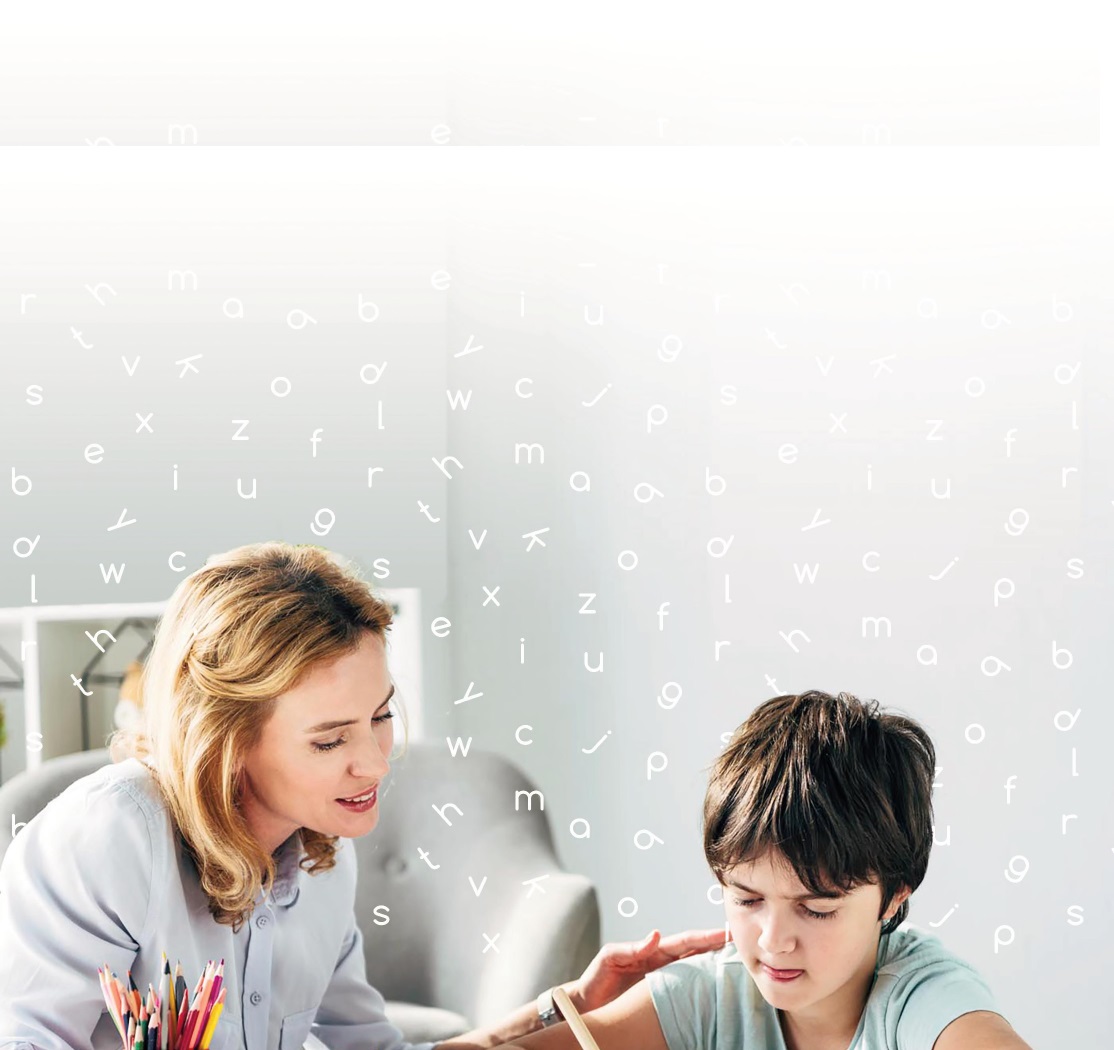COULD YOUR CHILD HAVE DYSLEXIA?
BY RICHARD SELZNICK, PH.D
Parents frequently consult with me asking whether or not I think their child has dyslexia. When I ask the parents if they know what dyslexia is, a vast majority will say something like: "Isn't that when you read upside down and backwards?"
Most parents are surprised when I explain to them that of the vast number of children that I have assessed over the years, virtually none of them has read upside down and backwards, yet a significant number of them were seen to be "dyslexic."
MYTHS
There are pervasive inaccuracies and myths about dyslexia that interfere with parents seeking appropriate assessments and treatment. Among the more common myths are:
- Dyslexia involves reading upside-down or backwards.
- "No one knows what dyslexia is."
- "Only neurologist can test for dyslexia," (which is often told to them by the school).
- Parents need to wait until a child is in third grade before a determination can be made.
There are many more myths, but these are the most pervasive. Dispelling such myths is a first step toward understanding dyslexia and doing what you need for your child.
RECOGNIZING AND UNDERSTANDING DYSLEXIA
Dyslexia is defined as a specific learning disability that is neurobiological in origin, which means it is likely to have been passed down from one or the other parent. It is characterized by difficulties with accurate and/or fluent word recognition and by poor spelling and writing abilities. Such difficulties typically are the result of weaknesses in the phonological (i.e., sound) system of the language.
As an example, let's take Sarah, an 8-year-old child who I recently evaluated and determined to have dyslexia. For Sarah, reading had been a laborious chore since kindergarten, something that she avoids at all costs. Each night around homework time, tensions run high.
The assessment that was done with Sarah showed that she had great trouble with "decoding" (i.e., the ability to sound out or break down words into their component parts) and that she frequently substitutes words while she reads.
The substitutions often are nonsense words that mean nothing within the context (e.g., reading "pricpinny" for "porcupine"). Such substitutions interrupt the flow of the meaning, resulting in very poor comprehension. As it was explained to Sarah's parents, the combination of her history (her father was a poor reader) and the evaluation results, noted that she did show dyslexia, although, there were no signs of the reversals or backward reading that most people believe need to be present.
Helping Sarah's parents understand that she had a legitimate learning problem was essential. Such understanding helped to reduce the tension, as the parents were guided to lighten up on
ASSESSMENT LEVELS: There are different levels of assessment ranging from a brief screening to a more comprehensive assessment that may be appropriate. Such assessments are typically conducted by a psychologist who specializes in dyslexia/learning disabilities.
